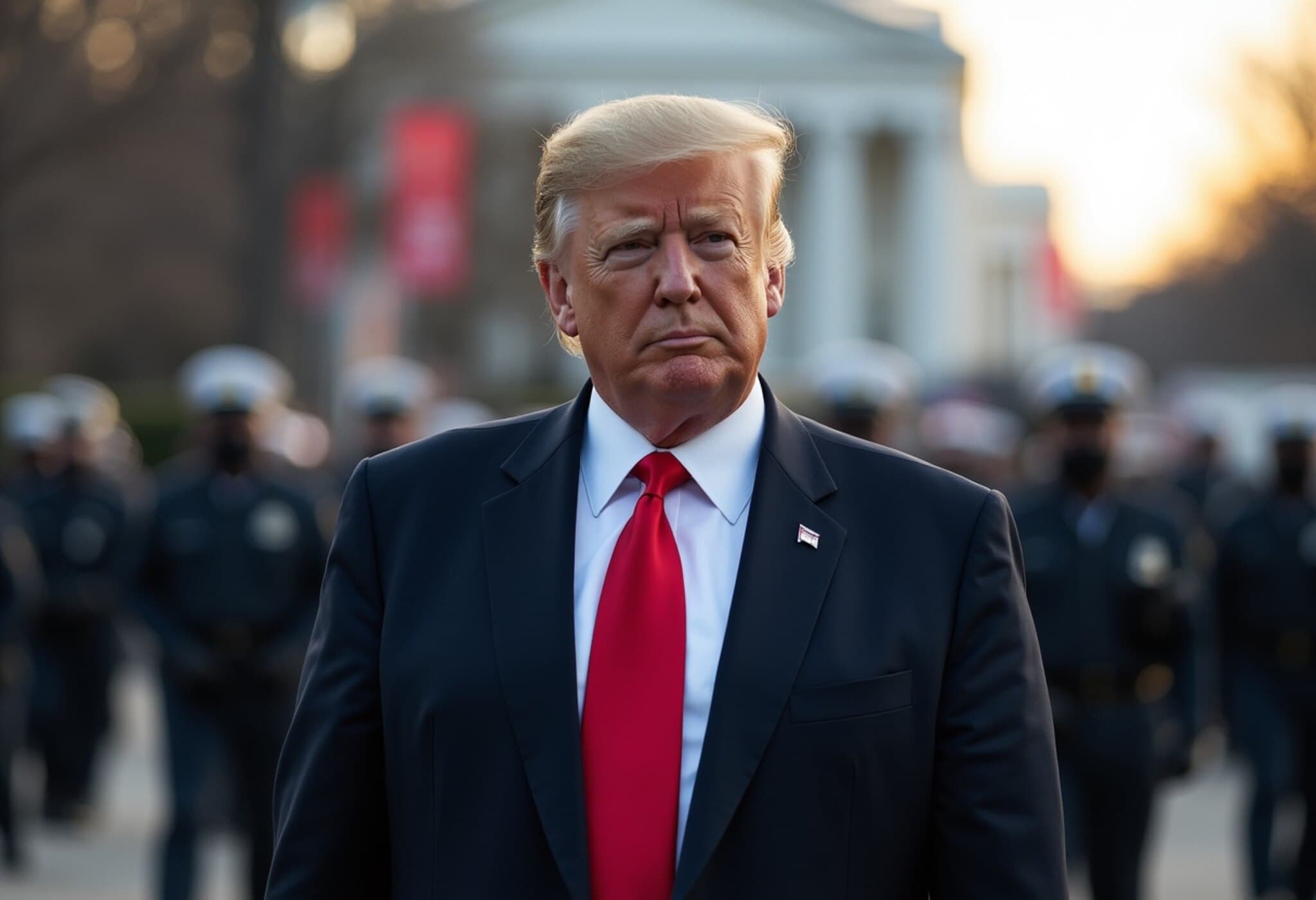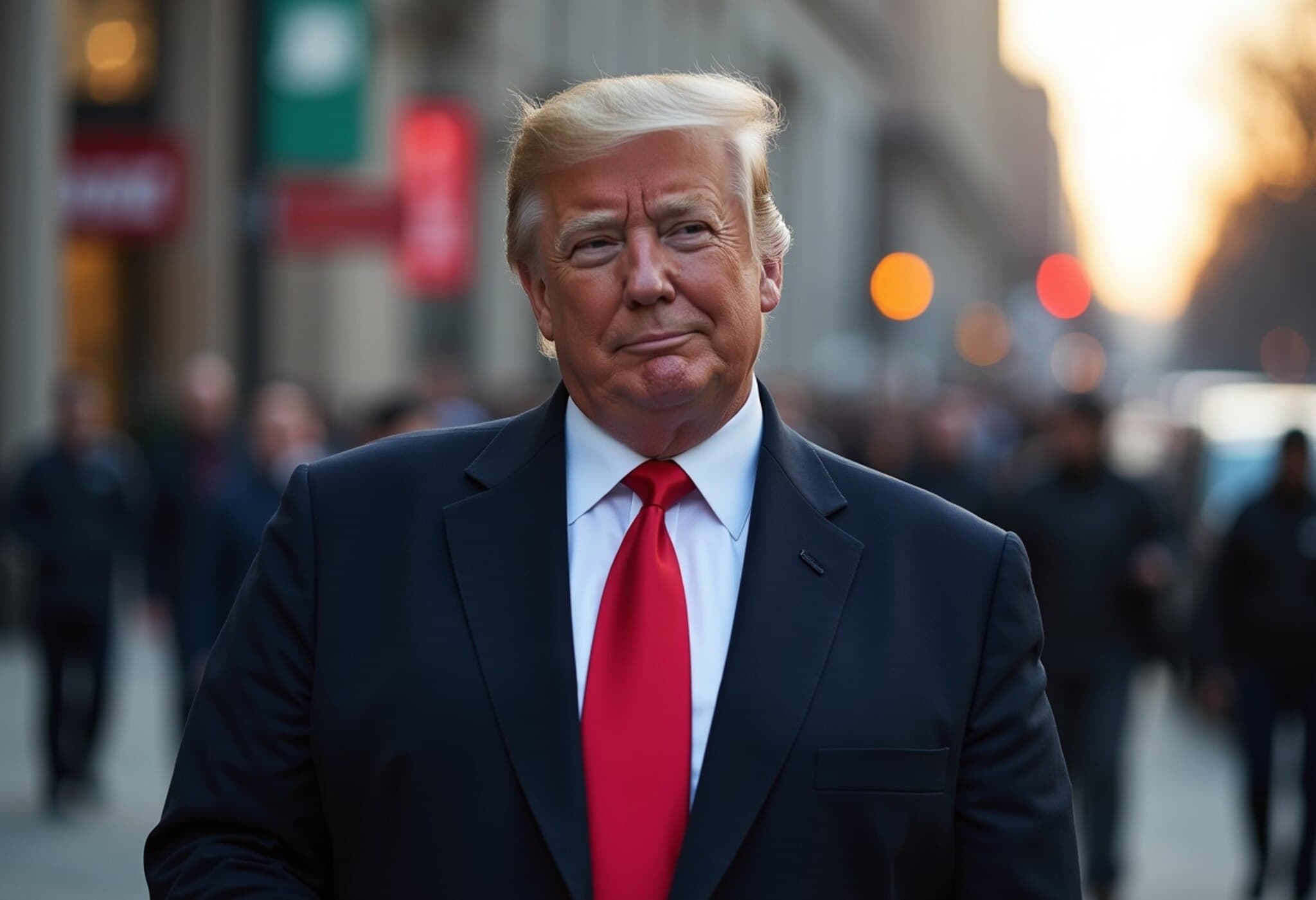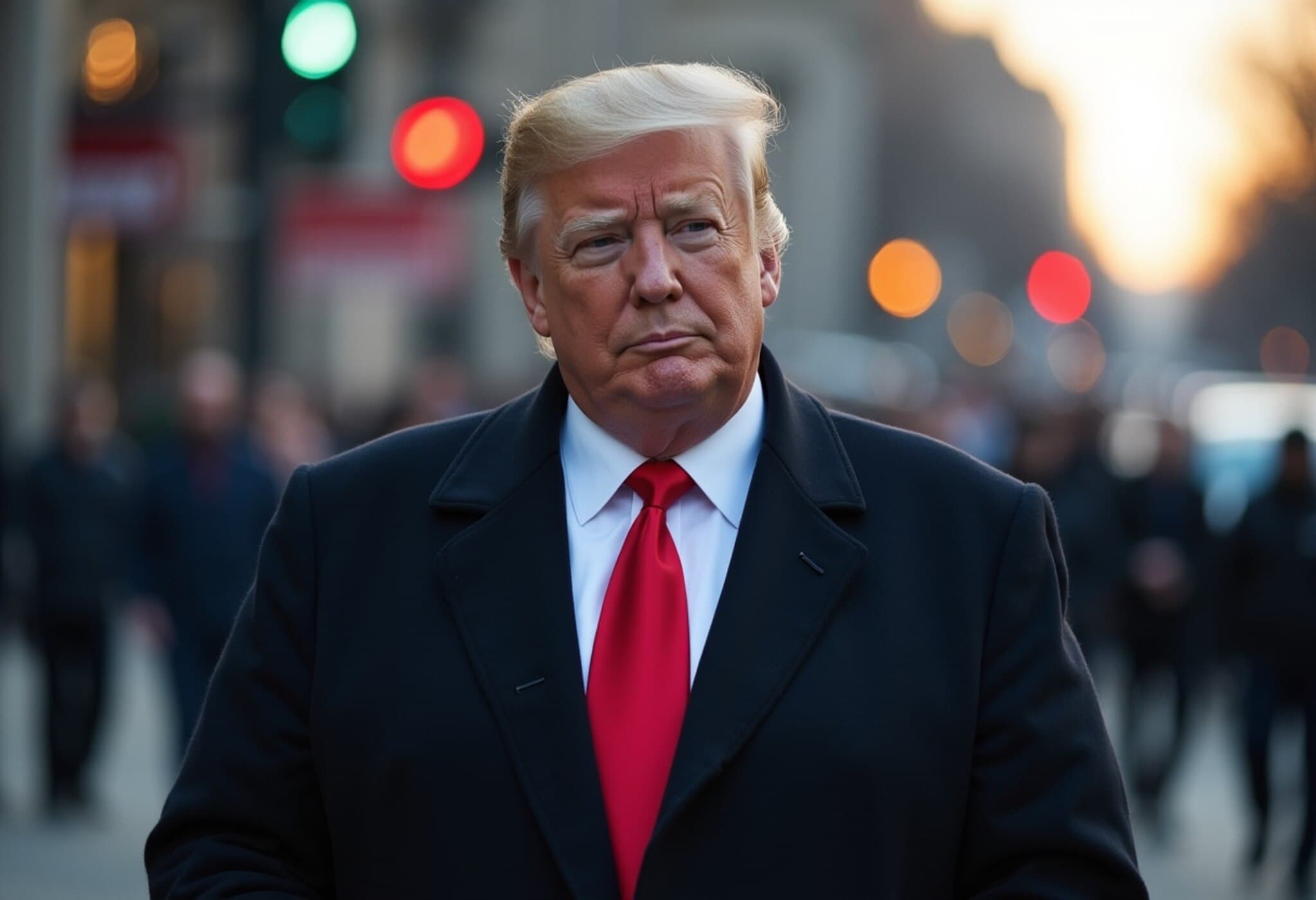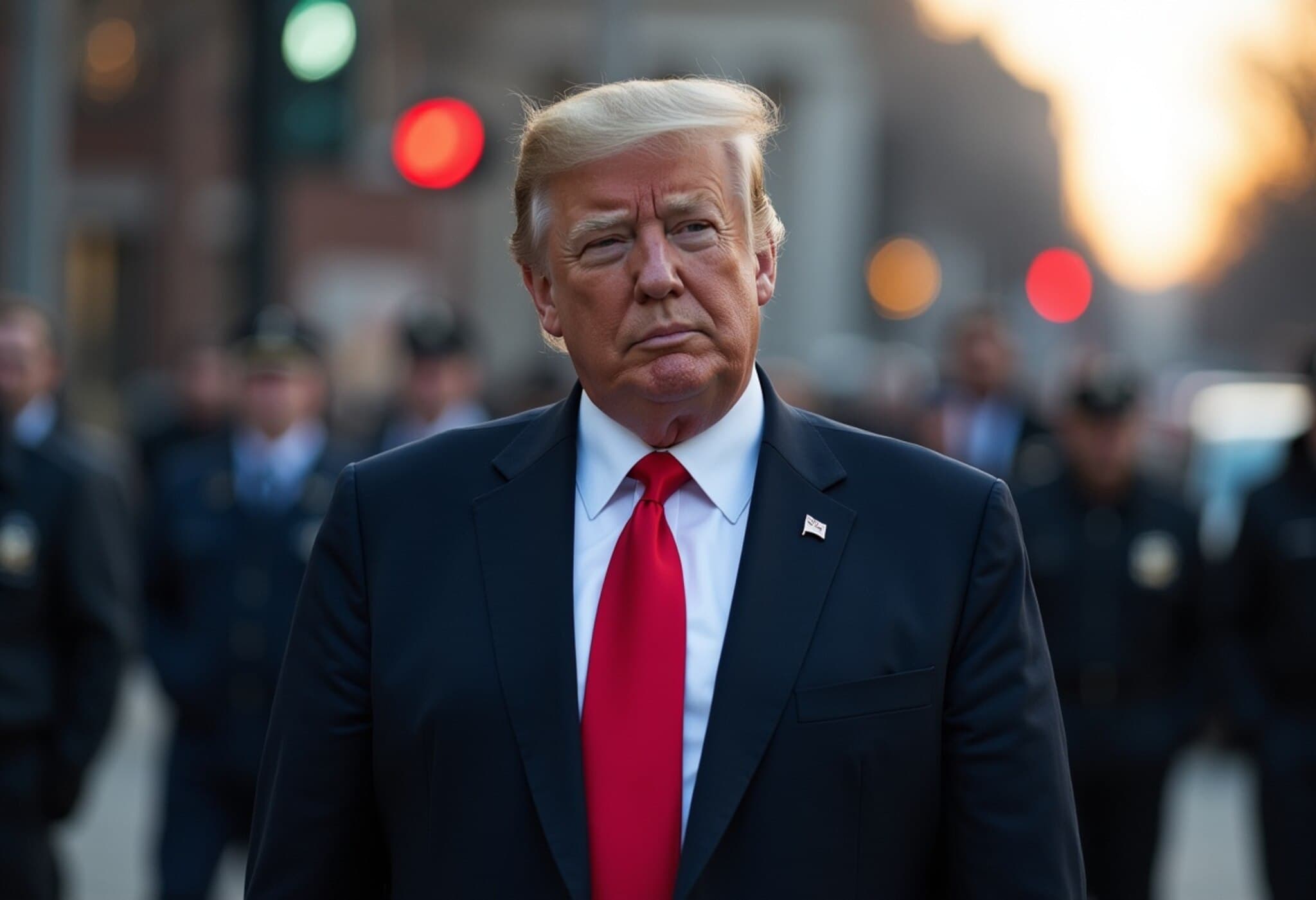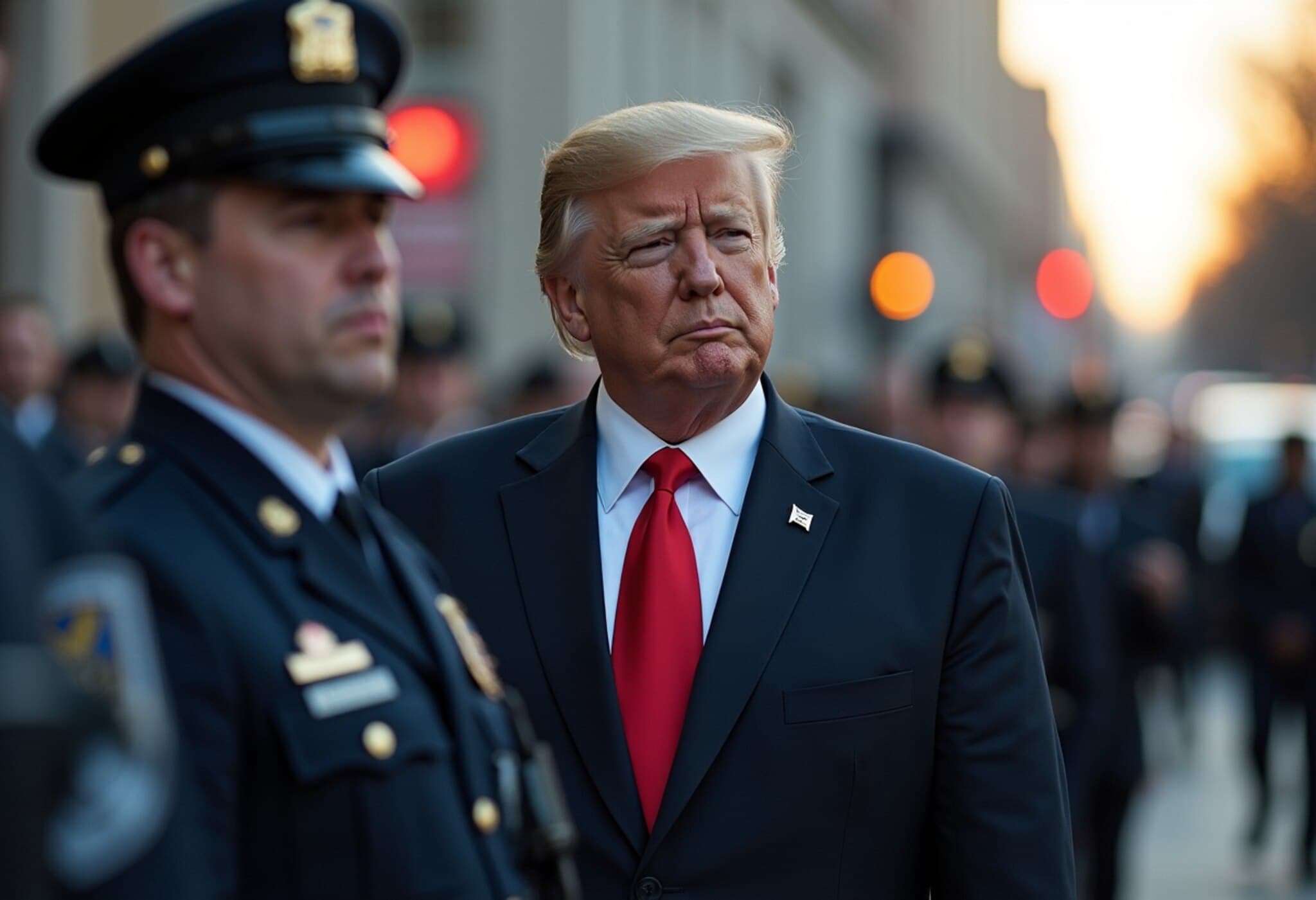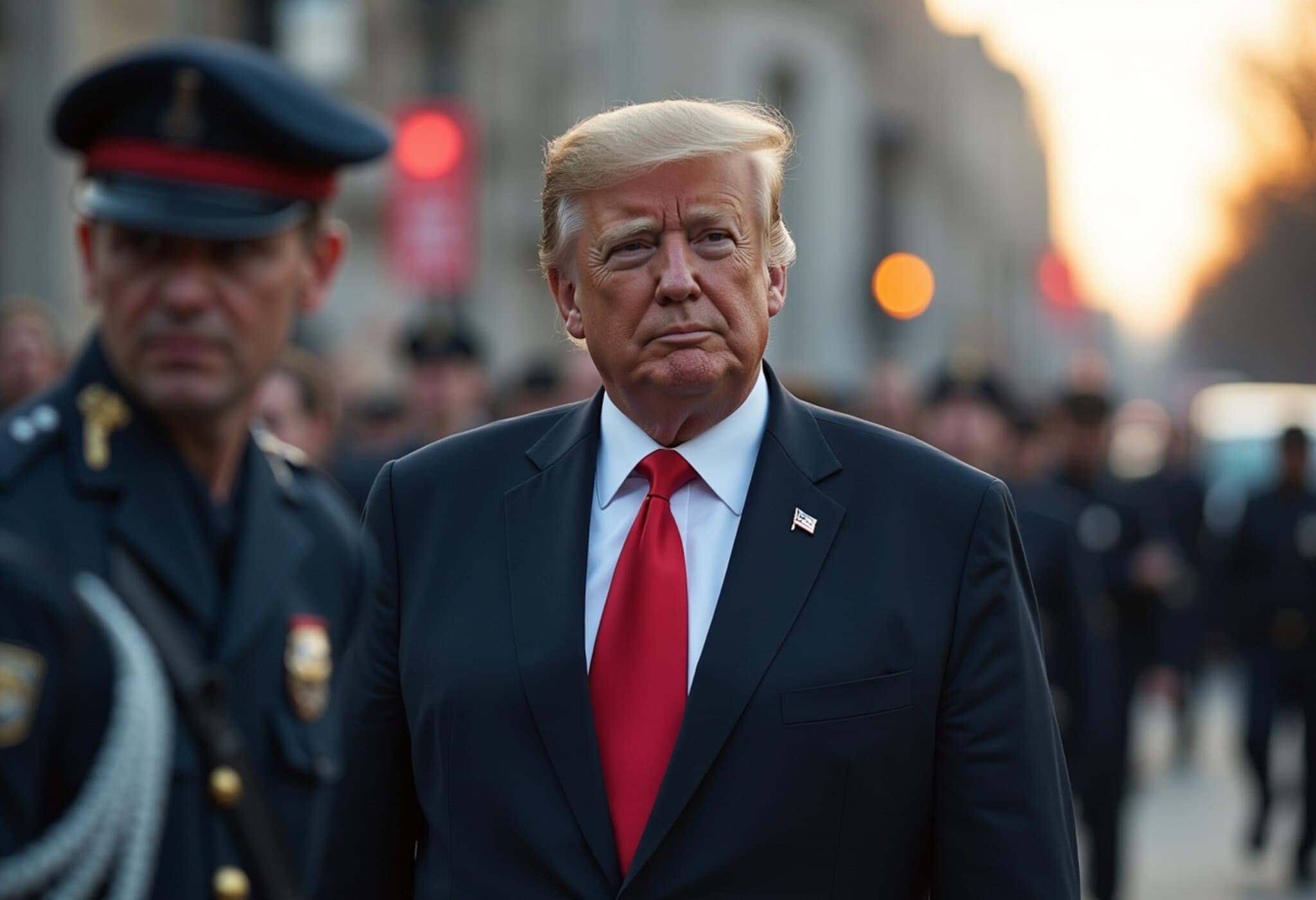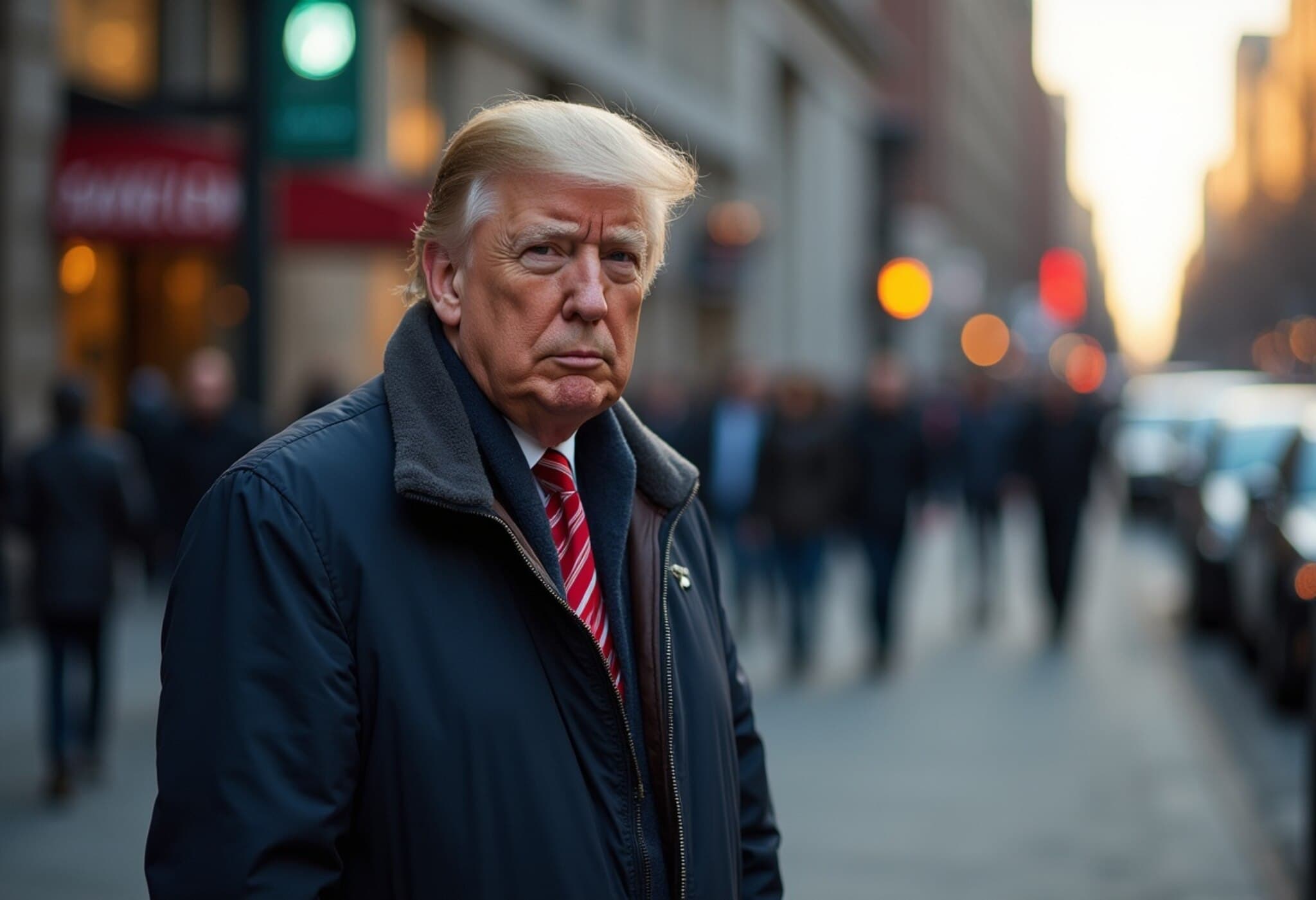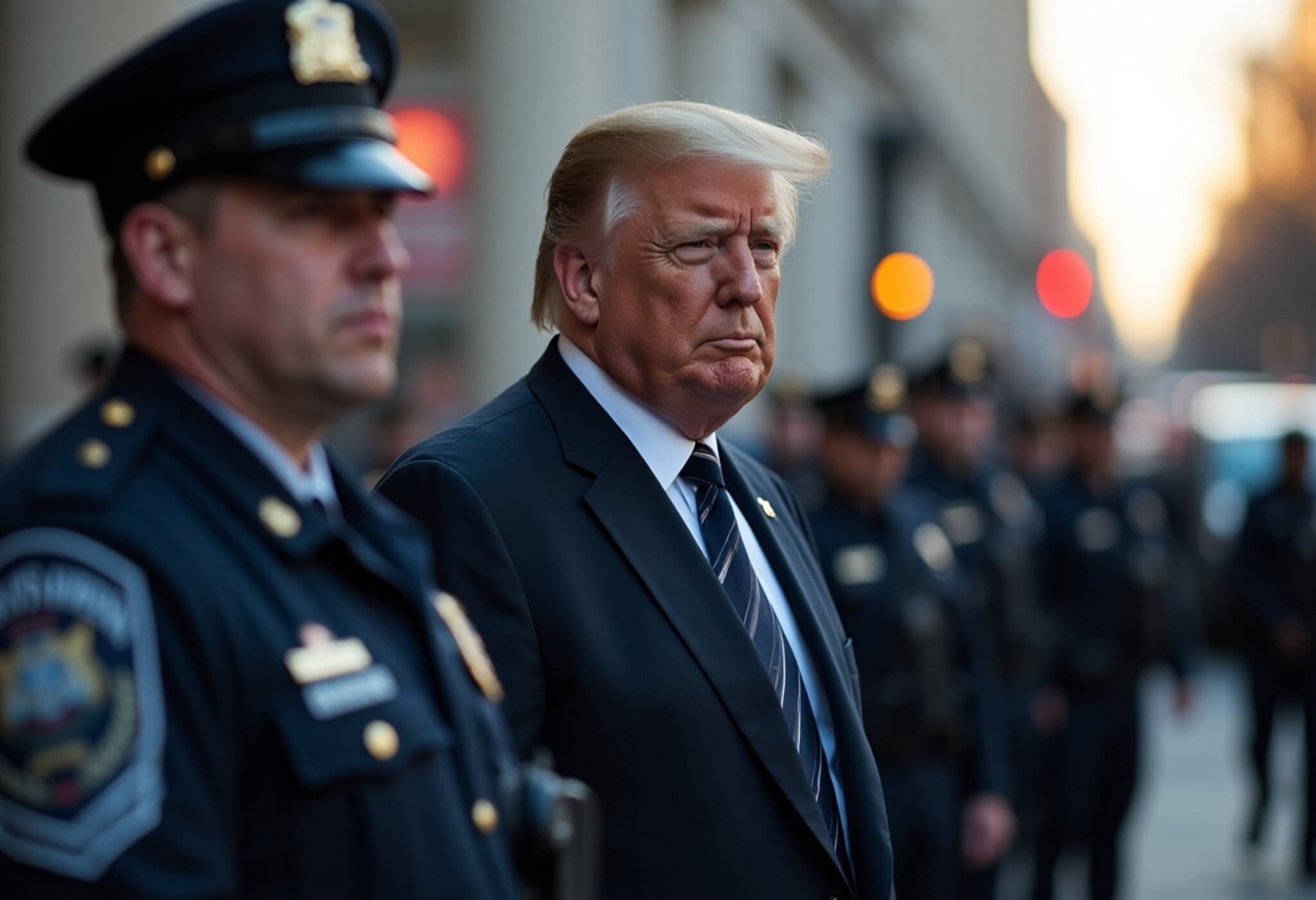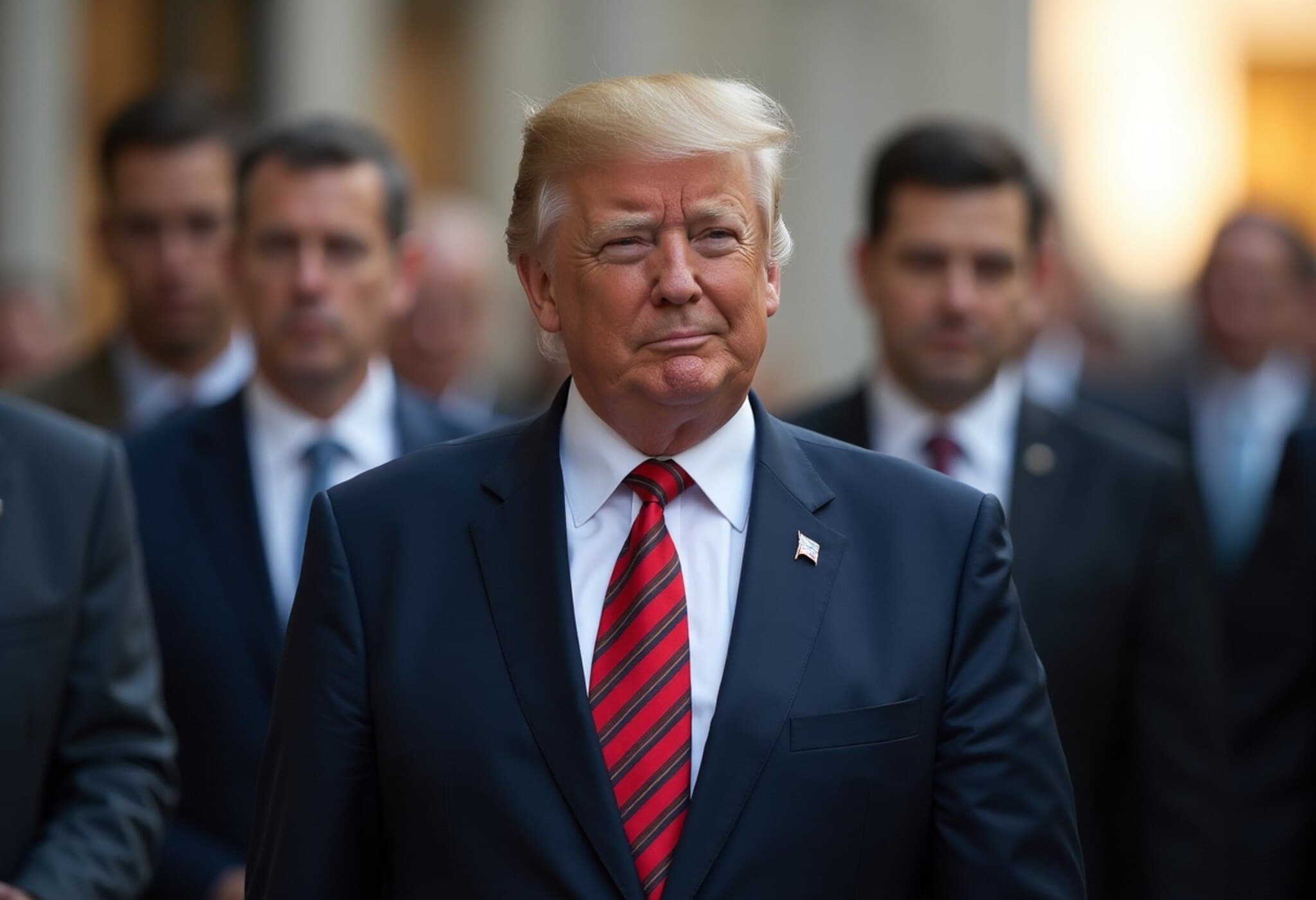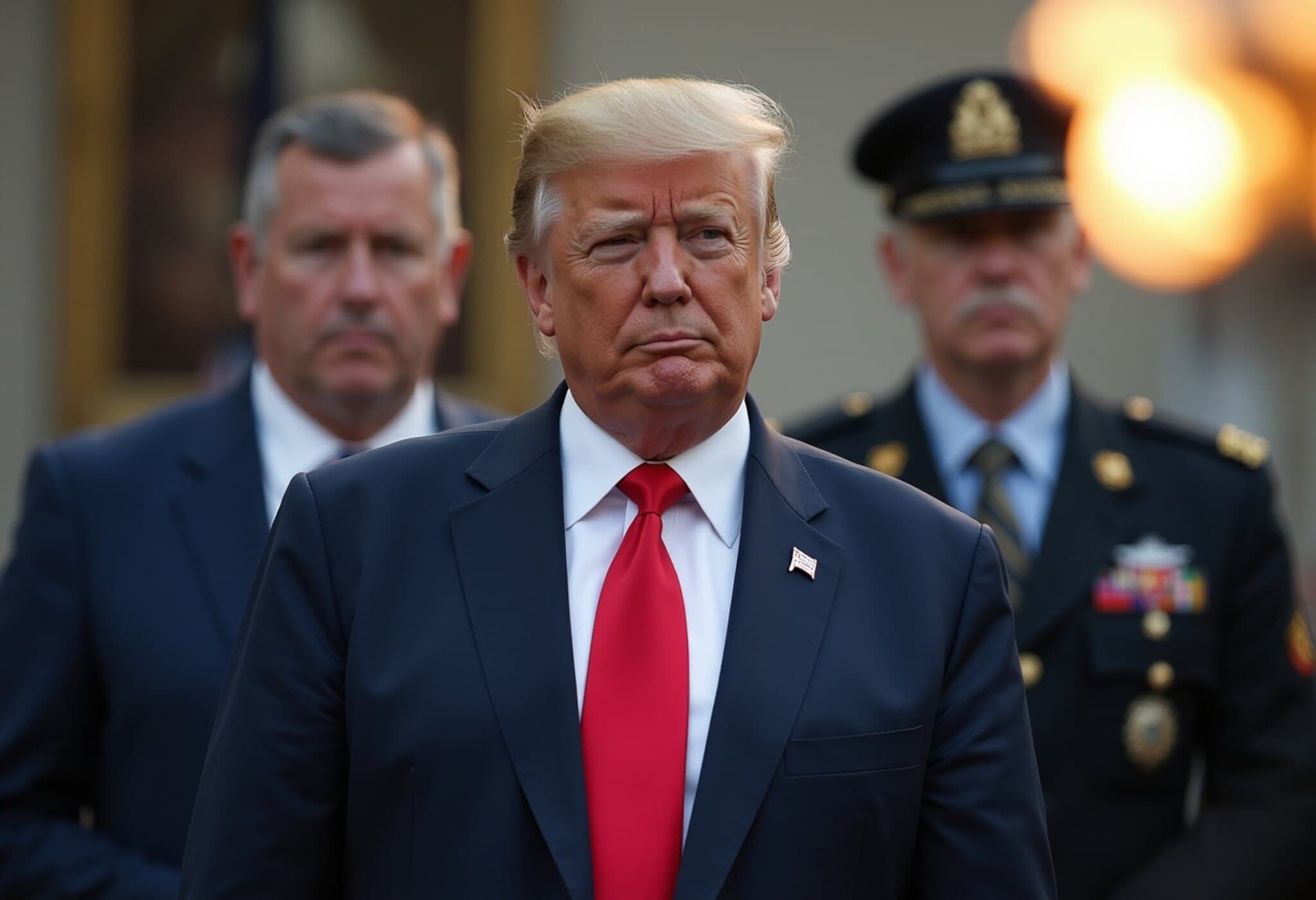Trump Amplifies National Guard Presence in Washington DC Amid Legal and Political Turmoil
In a contentious move that continues to stir debate over federal authority and local autonomy, President Donald Trump has intensified the deployment of National Guard troops in Washington, DC. This escalation comes despite a recent court-mediated compromise limiting federal control over the city’s police department.
National Guard Troops Surge from Three States
This past weekend, hundreds of additional National Guard members were sent to the nation’s capital by three states backing the president’s crackdown: West Virginia committed 300 to 400 troops, South Carolina pledged 200, and Ohio added 150. These reinforcements follow an earlier deployment of approximately 800 troops, reflecting a significant military footprint in a city governed predominantly by Democrats.
Background: A Crackdown and Its Controversies
Earlier this month, Trump initiated a campaign targeting what he described as an infiltration of violent gangs and criminals in Washington. He declared, “Our capital city has been overtaken by violent gangs and bloodthirsty criminals,” underscoring his justification for increased federal intervention.
Illustrating the intensity of his approach, Trump sought to wrest control of the Metropolitan Police Department (MPD) by naming an emergency chief, a move that sparked immediate backlash. Police Chief Pamela Smith condemned it as the gravest threat to law and order she had witnessed, while city officials filed lawsuits to block the seizure of local police control.
The Judicial Pushback and Partial Rollback
In a legal standoff, a judge voiced skepticism over Trump’s authority to commandeer the MPD, pushing both the administration and Washington’s government toward a negotiated agreement. As a result, the administration agreed to leave Chief Smith in place but retained plans to influence police practices, notably through memos directing cooperation with federal immigration enforcement against local policies.
Public Sentiment and Political Reactions
Local communities and political leaders remain divided and largely critical of the president’s tactics. The unprecedented federal attempt to seize police control since the Home Rule Act of 1973 breaches a long-standing red line in DC's autonomy, igniting concerns about federal overreach.
Philadelphia District Attorney Larry Krasner, a prominent Democrat, challenged the notion of an emergency, suggesting the president might be manufacturing crises to justify authoritarian measures. Civil rights activists, including the coalition Not Above the Law, denounced these moves as an alarming slide towards autocratic governance, warning that the undermining of democratic institutions is accelerating.
Wider Implications: A National Model or a Warning Sign?
Officials in other Democratic-run cities fear the DC case could set a precedent for undermining local governance and policing. The Associated Press highlighted these worries, noting that the approach could reshape how cities are policed and administered, potentially eroding community trust and democratic norms nationwide.
Expert Analysis: What’s at Stake?
Legal experts emphasize the constitutional tensions exposed by this conflict. The Home Rule Act grants Washington DC limited self-government, and any federal override challenges this balance. Moreover, deploying National Guard troops on this scale in a non-emergency context raises questions about militarization of civil spaces and civil liberties.
From a policy standpoint, the president’s approach aligns with a broader national political strategy aiming to underscore law and order. However, critics argue it threatens to exacerbate polarization and jeopardizes the foundational principle of local democratic control.
Looking Ahead: The Road to Resolution
The evolving situation prompts key questions:
- How will federal and local authorities navigate this unprecedented clash of control?
- What implications does this have for future federal interventions in city governance?
- Will public safety improve or deteriorate under increased federal military presence?
- How might this influence national debates on policing, civil rights, and democratic governance?
As Washington DC braces for further developments, the nation watches closely, weighing the balance between security and liberty in a city that holds symbolic and political significance for the entire country.
The heightened National Guard deployment in Washington DC illustrates a critical juncture between federal power and local governance. This tension invites a broader reflection on the limits of executive action in democracies, especially in contexts where community trust and civil liberties hang in the balance. Readers are encouraged to consider how such actions affect not only the capital but also the wider fabric of American democracy amid rising political polarization.

